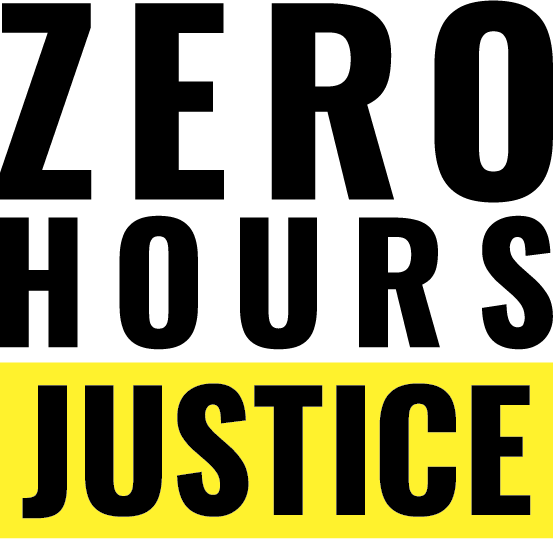|
Without workers’ rights legislation, there will be no effective vehicle for delivering necessary reforms in the workplace, letter warns TUC general secretary Frances O’Grady, Zero Hours Justice founder and business leader Julian Richer and Living Wage Foundation director Katherine Chapman have today (Thursday) written to the prime minister to call for the government to deliver the employment bill in May’s Queen’s Speech. The call comes after reports that the government has now shelved the employment bill, more than two years since the legislation was first promised in December 2019, and following multiple commitments to the bill from ministers. Delivering a boost to workers’ rights “was an urgent task in 2019, when a bill was first announced, and “is even more so today” given the impact of the pandemic, the letter states. The letter warns that “failing to bring forward an employment bill would leave the government without an effective vehicle to make the necessary reforms to the workplace”. In particular, the signatories demand action on the zero-hour contracts when used abusively. The TUC says insecure work has become “endemic” in the UK. The union body estimates that one in nine workers – or 3.6 million people – are in insecure work. This includes more than one million on zero-hours contracts, the great majority of them against their will. The Living Wage Foundation also found that a third (32%) of workers are given less than a week’s notice of their shifts. The letter concludes that “businesses do best when they treat their workers well”, but says this cannot be achieved without an employment bill – urging the government to reconsider its plans. TUC General Secretary Frances O’Grady said: Time and time again, the prime minister said he would boost workers’ rights. Julian Richer, founder of the Zero Hours Justice campaign, said: In my lifetime’s experience of businesses, both large and small, I have found a well-treated workforce is crucial to their success.” Director of the Living Wage Foundation, Katherine Chapman, said: We know low pay is affecting millions during this cost-of-living crisis, but the other side of this coin is insecure work. Million more workers and families are struggling to make ends meet due to a lack of hours, with many faced with uncertain shift patterns provided at short notice. This makes it impossible for people to plan their lives, and often comes with additional costs. The government has given repeated assurances that it would legislate new workplace protections:
ENDS Notes to editors: Letter in full: Dear Prime Minister,
Employment bill We are writing to you as leaders of organisations with a range of perspectives on the world of work to urge you to include an employment bill in the forthcoming Queen’s Speech. Your government came to office with a promise to “protect and enhance” workers’ rights and a manifesto pledge to bring forward “measures that protect those in low-paid work and the gig economy”. This was an urgent task in 2019, when a bill was first announced, and is even more so today given the impact of the coronavirus pandemic on workers, particularly those in insecure forms of work, and on employers. Failing to bring forward an employment bill would leave the government without an effective vehicle to make the necessary reforms to the workplace. Many workers would remain in vulnerable working arrangements. Good businesses would be undercut by those prepared to treat workers poorly. And everyone would be left uncertain about progress of government plans in areas from making flexible working the default to the establishment of a single enforcement body. We are particularly concerned about uses of zero-hours contracts in ways that are abusive.”. For example, the Living Wage Foundation recently found that a third (32%) of workers are given less than a week’s notice of their shifts. This rises to half of those on low wages. Collective agreements between unions and employers, the Zero Hours Justice’s campaign and the Living Hours accreditation programme all have an important role to play in stopping the abusive use of zero-hours contracts. But these need to be underpinned by robust laws that protect the most vulnerable workers by setting a baseline of standards. There remains a strong consensus for reform, reflected in the Low Pay Commission’s proposals on notice periods for shifts and compensation for cancelled shifts. We encourage you to reassess these. The Conservative Party manifesto promised to “make the UK the best place in the world to work”. We are strongly of the view that businesses do best when they treat their workers well. This cannot be achieved without the inclusion of an employment bill in the Queen’s Speech. We urge you to reconsider your plans. Yours sincerely Frances O’Grady, TUC general secretary Katherine Chapman, director of the Living Wage Foundation Julian Richer, Zero Hours Justice founder Comments are closed.
|
contactFor press enquiries or permission to reuse content, please contact: Archives
June 2024
CATEGORIES
All
|
|
Company No: 12417909 Registered Office: 38 Coney Street, York, Y01 9ND
|

 RSS Feed
RSS Feed


